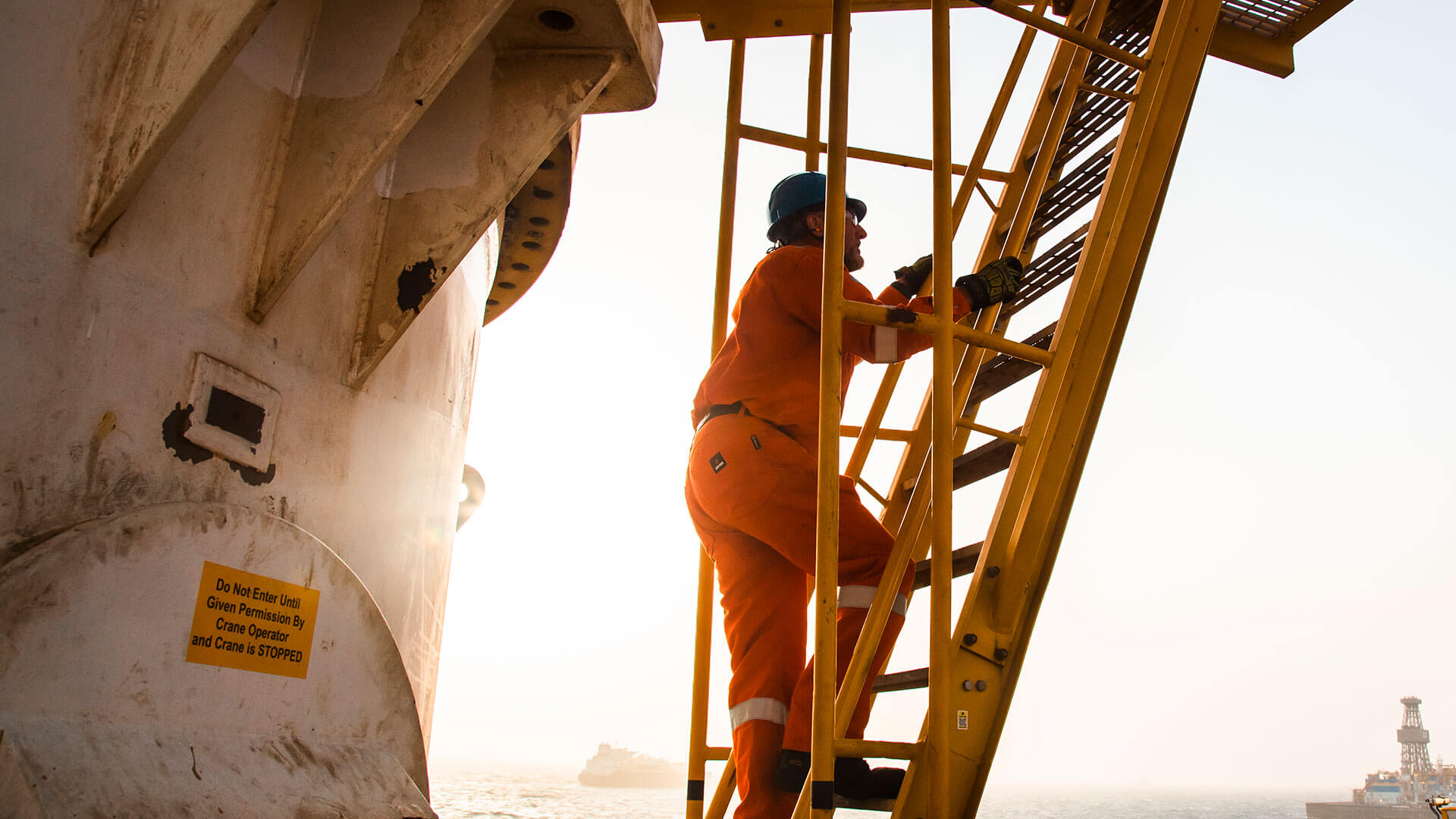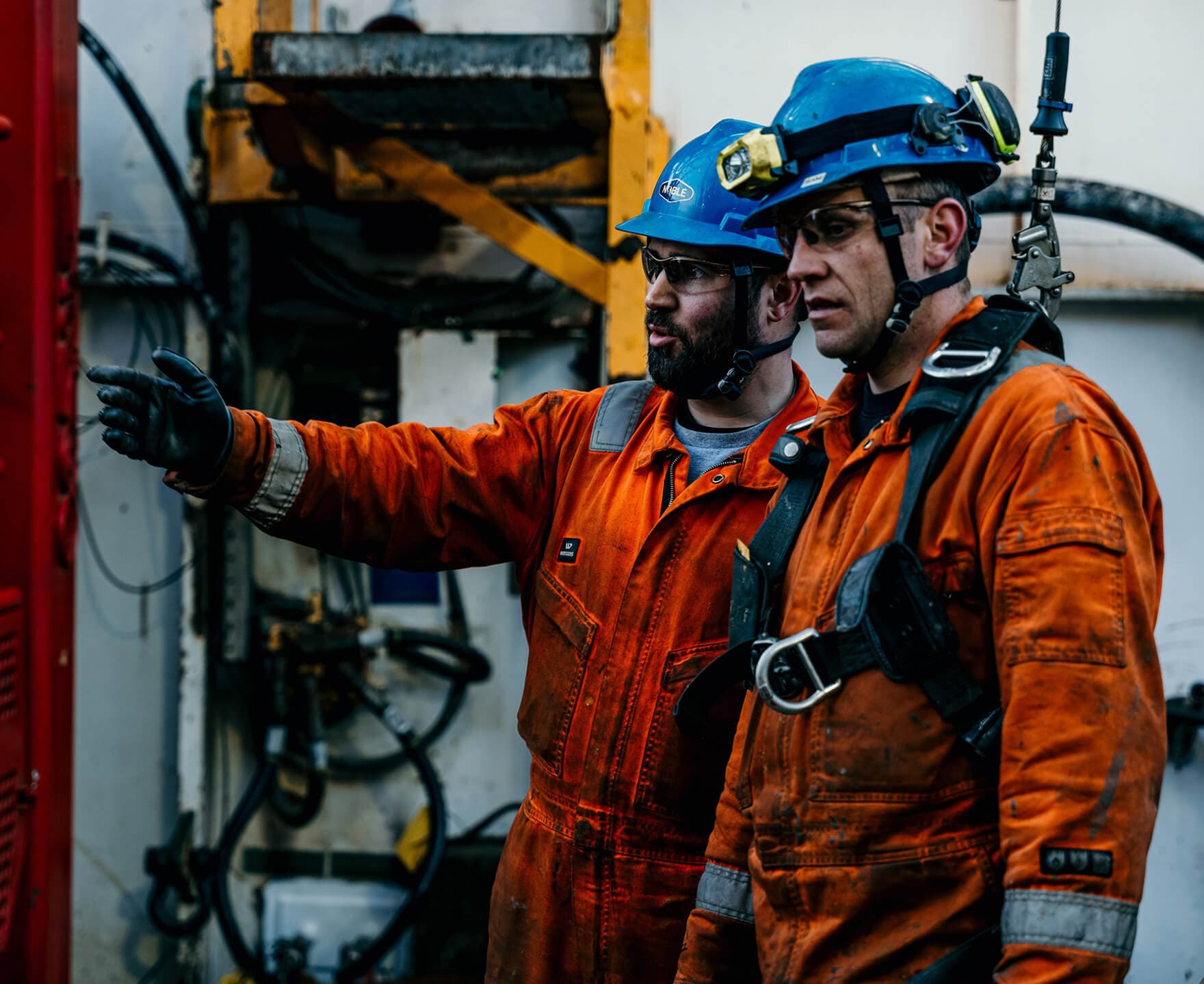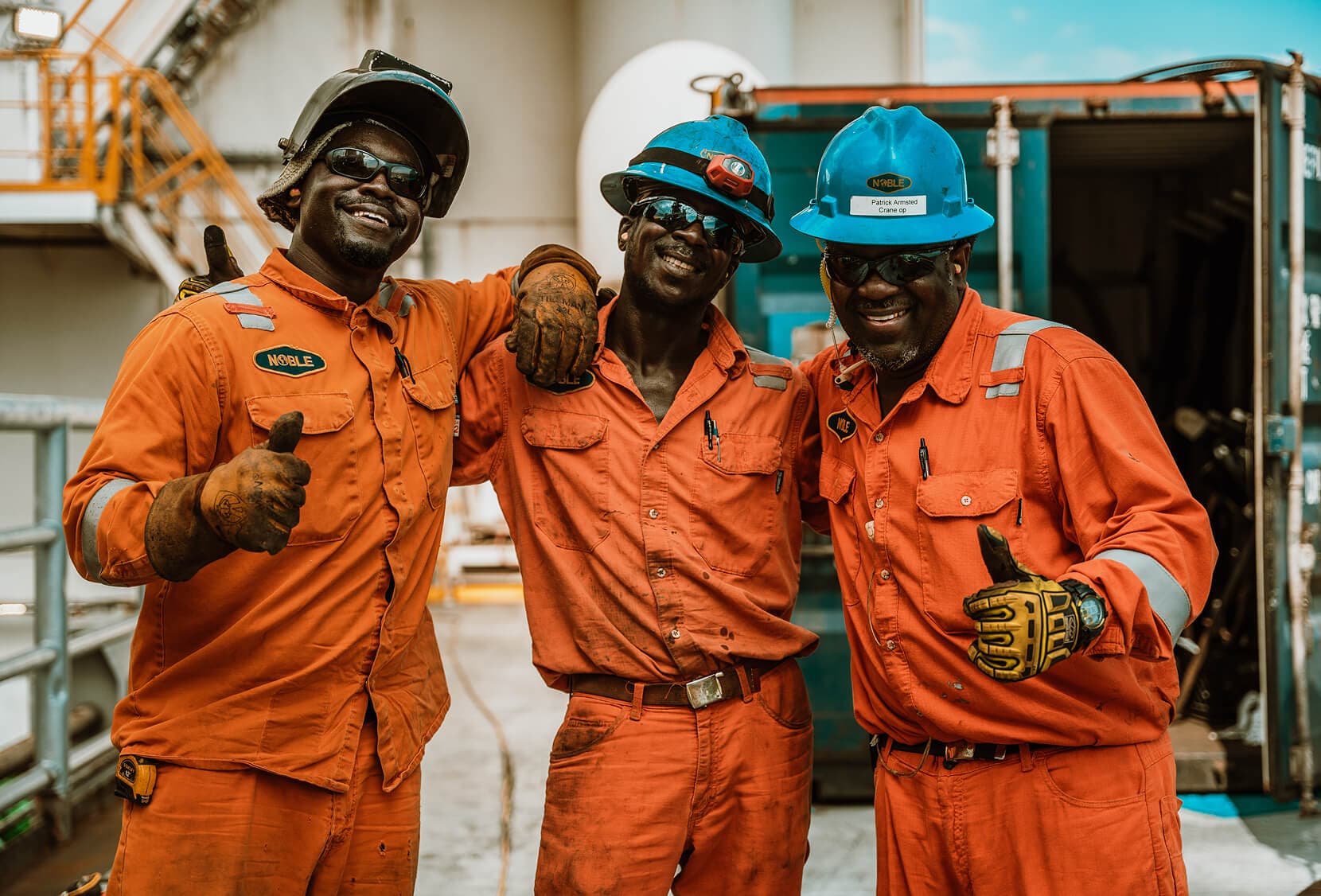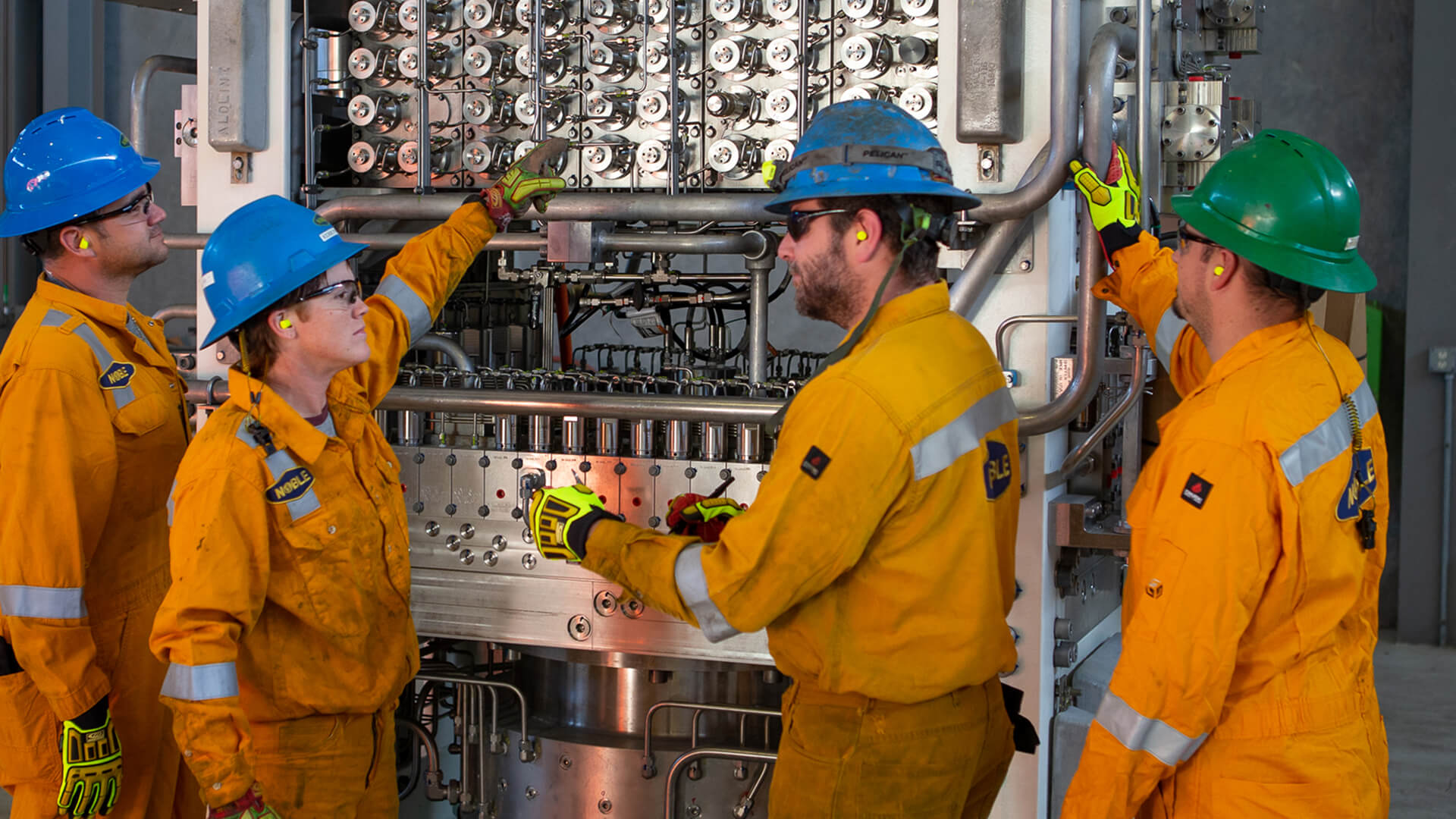
Making safety second nature: Learning from Normal Work and Noble Peak
A strong safety culture should be built upon the successful everyday practices that are happening offshore.
For too long our industry has approached incident prevention from the perspective of “Safety-I” which focuses on analyzing failure, adverse events, and accidents after the fact. Human factors researchers suggest that safety critical industries should learn from everyday successful work in addition to incidents and failures. This is the definition of “Safety-II,” which focuses on studying normal and successful work, performance, and processes. Safety-II learns from everything happening in the system, from good to bad. This proactive approach encourages continuous learning and improvement, as compared to a reactive approach, which we believe cannot truly prevent future incidents.
Since 2022, Noble has been implementing Learning from Normal Work within the HSE department and on board several rigs in our fleet. Additionally, subject matter experts have taken the program externally to serve as an example to the industry, positioning us as leaders in preventative incident management.

The Learning from Normal Work concept emphasizes understanding and learning from everyday operations, not just from incidents.
The purpose of Learning from Normal Work is to address safety as not only a top-down process through formalized procedures but also as a bottom-up process where the frontline worker builds capacity and resilience into the work processes through the way they act, interact, and co-create the conditions of their work. Personnel are viewed as a solution, not a problem that requires control. We empower rig personnel to contribute to the entire system and have greater influence on how the company enhances onsite safety.
Noble’s pilot approach in Learning from Normal Work included three methods:
In 2024, Noble’s HSE department worked on defining the scope of Learning from Normal Work and how it integrates with other state-of-the-art safety concepts under the umbrella of Noble Peak, which is what defines Noble’s core safety policy. Noble Peak is an eclectic approach that integrates the best aspects from methods like Safety-II, Safety as Capacity, Safety Differently, Human and Organizational Performance (HOP), and Learning from Normal Work into our organization.
The three principles of Noble Peak are as follows:
We recognize people as the solution and engage them as co-creators.
We focus on what’s strong and not what’s wrong.
We are inspired by new ideas and accept that there can be more than one correct way of doing things.
Learning from positive examples is foundational to our Learning from Normal Work program. During rig operations, positive work examples are observed by peers or leaders and documented for further exploration within learning teams. A Learning Team is an interactive tool intentionally designed to be “bottom up” for reflection and dialogue-based learning within a collective group.
Noble is revisiting and adjusting tools that have been established and used for a long time to fit with the Learning from Normal Work framework. For example, transition to work meetings fit within the “Empower Our People” principle, which leverages team members’ capacity to plan, communicate, and act effectively. Stop work drills fit within the “Embrace Variability” principle, which encourages hearing and sharing ideas.

We already recognize the positive effects of implementing Learning from Normal Work and Noble Mode on performance metrics and work culture.
“Safety-II focuses on learning from everyday successes to improve safety, rather than just analyzing failures. At Noble, this approach empowers workers and recognizes positive practices, making the system more resilient and safe.”
Thomas Koester Human Factors Specialist, Noble
We already recognize the positive effects of implementing Learning from Normal Work and Noble Peak on performance metrics and work culture. Crews feel appreciated when their contributions are acknowledged and are more willing to speak up during operations when necessary. When a crew member feels psychologically safe, they’re more willing to speak up or use Stop Work Authority after observing something that might be wrong. As a result, our systems become more resilient.
Noble 2024 Sustainability Report
For a deeper dive, explore the full PDF report with more extensive insights and details.
